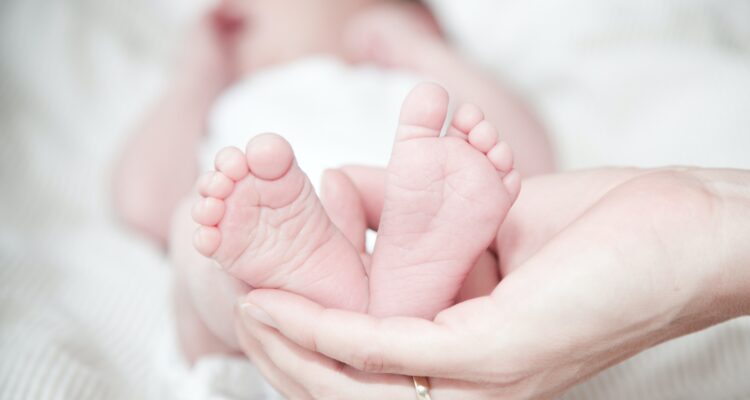Giving birth is truly a miracle, and nothing can give a first-time mother more genuine happiness than seeing her new baby for the very first time. However, not everyone experiences a positive recovery after giving birth.
The process itself can take a significant physical toll on mothers, but it may also have serious emotional effects. Full recovery after childbirth is only possible when the mother is also able to cope with the emotional implications of the process.
If you have just given birth or know someone who has, this guest post guide should help to support the recovery process.
1. Get in touch with what you feel
During the post-delivery phases, you may encounter various emotions including sadness, fear, and anger. Generally, these are a part of what is termed as the baby blues. Experts say these emotions are normal, especially among younger mother.
You can cope better if you are able to acknowledge the whirlwind of emotions you find yourself in. That way, it will be easier for you to write a journal detailing what you feel and talking with your partner about the emotions you are having.
2. Confront any complications
Not all births go smoothly, and such experiences are particularly traumatic to the mother. Pre-existing conditions usually cause birth complications that can endanger the health of both the baby and the mother.
Aside from that, malpractice by attendants can also lead to a number of risks, such as vacuum extractor misuse, which could lead to spinal damage. Such complications can cause distress, and the mother could end up blaming herself, so she may need to open up about the problem to her spouse. There is also the need to demand accountability if the complication was a result of malpractice.
3. Spend time for rest
When it comes to post-partum care, mothers will need to spend at least a week to recover and take care of themselves. Even after you are discharged from the hospital, you will need to keep physical activity to a minimum so you can quickly recover from all the strain you experienced. Have someone else do household chores. That way, you can spend more time with the baby and with yourself.
4. Keep your mind busy
During the first few weeks after delivery, you may want to focus on keeping your mind active. You can read books, solve crossword puzzles, or even do something creative.
Engaging activities such as these can help improve your mood. Art therapy, for one, is said to help mothers who are undergoing postnatal depression as a way to reclaim what they have lost along the way.
5. Eat healthy
Of course, it’s important for mothers to eat a healthy, balanced diet. Depending on your physician’s advice, you may be told to drink plenty of fluids and consume an adequate amount of protein and healthy fats to help support postpartum recovery.
Childbirth is an amazing part of life. It can also be dramatic, but with the right interventions in place, you can come out stronger now as a mother.

